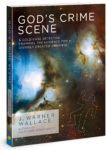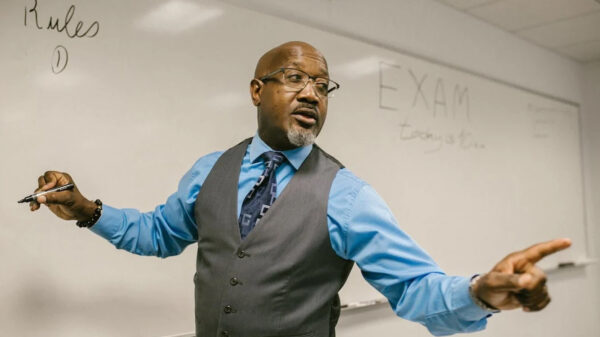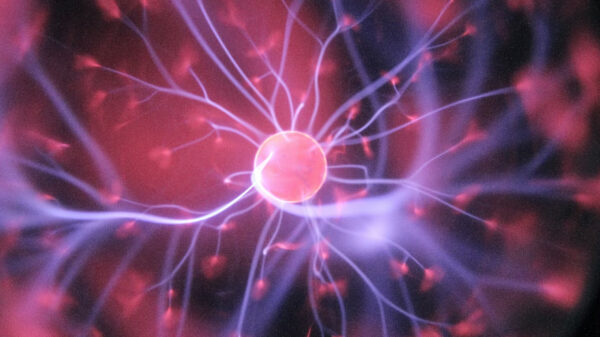
Response #1:
“How do you define ‘miracles’? A miracle is commonly described as an event ‘that is not explicable by natural or scientific laws.’ Given that definition, most cosmologists (even atheist cosmologists) already believe in at least one miracle. The ‘Standard Cosmological Model’ for the origin of the universe (the theory accepted by most astrophysicists) is ‘Big Bang Cosmology.’ This model describes a universe that came into existence from nothing. If all space, time and matter began at a point in the distant past and came into existence from nothing, the cause of the universe must itself be non-spatial, non-temporal and non-material. That means the cause of the universe ‘is not explicable by natural or scientific laws.’ Since the cause and the origin of the universe already falls into the definition of ‘miraculous,’ why would anyone doubt the veracity of other miracles?”
Since the cause and the origin of the universe already falls into the definition of ‘miraculous,’ why would anyone doubt the veracity of other miracles? Share on X
OR
Response #2:
“Some people reject the existence of miracles based on their belief that the only forces governing the universe are ‘natural,’ ‘physical,’ or ‘material.’ For example, if you reject the existence of anything ‘extra’ or ‘supra’ natural, you’re not likely to believe in miracles that violate natural laws. But, we have a shared knowledge of non-physical and non-material realities: we have a daily, common experience of consciousness and mind, and we also experience free agency. Strict atheists (like neuroscientist and philosopher, Sam Harris) reject the existence of mind and free agency because they know they cannot be explained physically or materially. If our common experience reveals the existence of non-material and non-physical realities that cannot be governed by ‘natural,’ physical law, why would anyone reject the reasonable existence of other realities that aren’t governed by ‘natural,’ physical law?”
If our experience reveals the existence of non-material and non-physical realities, why would anyone reject the reasonable existence of other realities that aren’t governed by ‘natural,’ physical law? Share on X
OR
Response #3:
“A famous skeptic named David Hume argued against the existence of miracles because he believed that evidence for what occurs repeatedly (or regularly) ought to outweigh evidence for what occurs rarely. Since miracles occur so infrequently and are rare in our uniform experience, Hume argued that we shouldn’t believe in them. But miracles are – by definition – rare events that violate natural laws and common experience. If we are willing to accept the evidence for rare events (like the evidence offered by ‘Big Bang’ Cosmologists), and our most common, uniform experience is non-material and non-physical (our experience of consciousness and free agency), why would anyone reject the existence of a miracle on the basis of its rarity?”


J. Warner Wallace is a Dateline featured Cold-Case Detective, Senior Fellow at the Colson Center for Christian Worldview, Adj. Professor of Christian Apologetics at Talbot School of Theology, Biola University, author of Cold-Case Christianity, God’s Crime Scene, and Forensic Faith, and creator of the Case Makers Academy for kids.
Subscribe to J. Warner’s Daily Email
J. Warner Wallace is a Dateline featured cold-case homicide detective, popular national speaker and best-selling author. He continues to consult on cold-case investigations while serving as a Senior Fellow at the Colson Center for Christian Worldview. He is also an Adj. Professor of Christian Apologetics at Talbot School of Theology, Biola University, and a faculty member at Summit Ministries. He holds a BA in Design (from CSULB), an MA in Architecture (from UCLA), and an MA in Theological Studies (from Gateway Seminary).




































